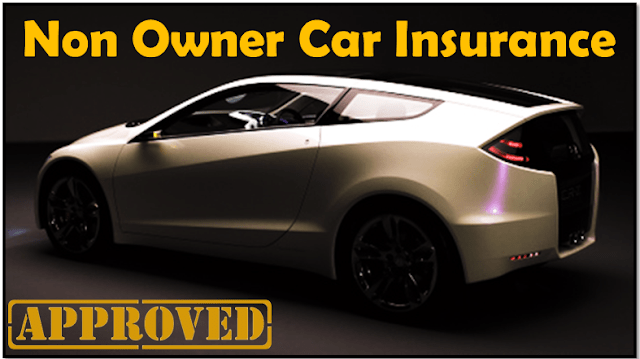Why Non-Owner Car Insurance Matters for You
Many people underestimate the importance of non-owner car insurance, often assuming it's unnecessary if they don't own a vehicle. However, if you frequently drive someone else's car, this insurance could be essential for protecting you from financial liabilities in case of an accident. Understanding how this coverage works and its benefits might surprise you, especially if you find yourself in situations where you're behind the wheel of a borrowed vehicle.
When you often borrow or rent cars but don't own a vehicle, non-owner car insurance becomes imperative. This type of insurance provides liability coverage specifically designed for drivers like you, who frequently find themselves behind the wheel of non-owned vehicles. Unlike standard liability insurance, non-owner car insurance is typically more affordable, making it a practical choice for those who need coverage without the expense of a full policy.
Non-owner car insurance serves as secondary coverage, stepping in when the vehicle owner's insurance fails to cover all expenses. This is particularly important in situations where you're involved in an accident and face liability claims. You'll have peace of mind knowing that you're protected against financial liabilities resulting from damages to other parties. Additionally, this type of insurance can provide essential legal protection in the event of an accident, ensuring you comply with state requirements.
While this insurance doesn't cover damage to the vehicle you're driving, it greatly mitigates your financial risk in case of an accident. The benefits of non-owner insurance extend beyond just liability protection. It helps prevent coverage lapses during periods when you don't own a vehicle, guaranteeing that you remain compliant with state laws.
If you've experienced a suspension of your driver's license, having a non-owner policy can assist in reinstating it, providing the necessary proof of insurance required by authorities. This makes non-owner insurance a valuable asset for individuals in shifting periods between vehicle ownership or for those who rely on occasional car rentals.
Eligibility for non-owner car insurance typically includes individuals who frequently rent cars or borrow from friends and family. If you find yourself in need of insurance during gaps in vehicle ownership, this policy is ideal. Additionally, drivers with SR-22 mandates due to past infractions can benefit from this type of coverage, as it guarantees you meet the insurance requirements set forth by the state.
Financially, non-owner car insurance tends to be less expensive than full-coverage policies, with annual costs ranging from $200 to $500 depending on your state and provider. This affordability stems from its limited coverage, focusing solely on liability rather than extensive or collision coverage. Non-owner car insurance is designed for individuals who drive occasionally and do not own a car, making it a smart financial choice.
State variations play an important role in determining your non-owner insurance costs and coverage requirements. Minimum liability coverage differs across states, and some might mandate additional coverages like uninsured/underinsured motorist protection. As a result, it's essential to understand your state's regulations to confirm you select the right policy that meets your needs.
Conclusion
In a world where car ownership is often seen as a necessity, non-owner car insurance stands as a practical alternative for many. It offers the protection you need without the burden of a full policy. While driving someone else's car can feel carefree, the risks remain real and consequential. By opting for non-owner insurance, you strike a balance between financial security and flexibility, ensuring you're covered when you hit the road, even without a vehicle of your own.

